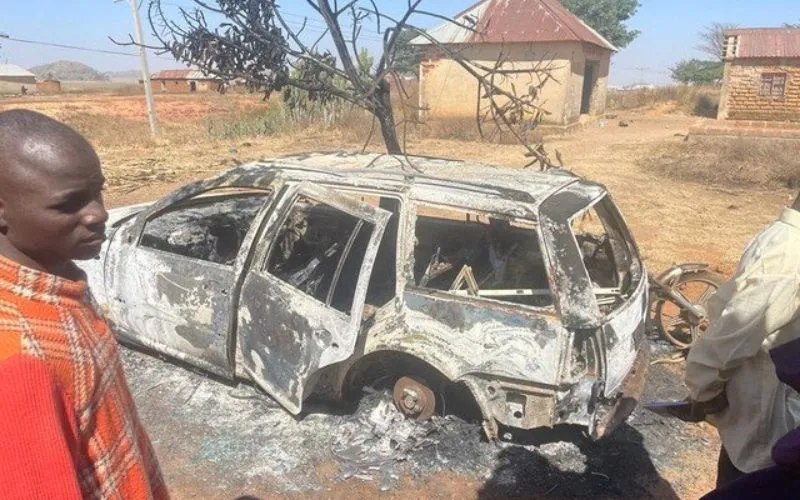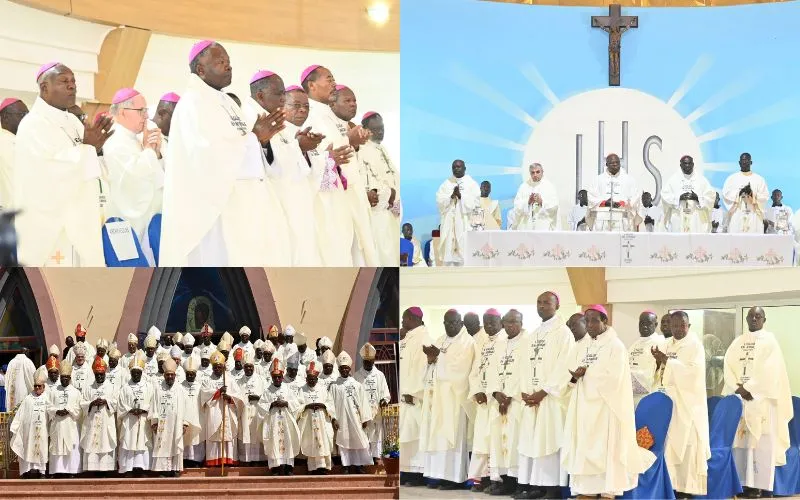Jos, 08 January, 2024 / 9:20 pm (ACI Africa).
Christians in Nigeria can no longer trust their government to protect them against persecution; they are now drawing their inspiration from the lives of the saints of the Church, a Catholic Priest in the West African nation has said.
In an interview with the Catholic Pontifical and charity foundation, Aid to the Church in Need (ACN) International, Fr. Andrew Dewan, the Director of Communications of Pankshin Diocese, which was at the centre of the Christmas 2023 Massacres in Nigeria’s Plateau State said that the 23-26 December 2023 attacks that left nearly 200 people dead bring to the fore the atrocities meted against Christians in the country while authorities remain silent.
Fr. Dewan said that while some Christians are abandoning Christianity in search of solace elsewhere, many have found inspiration in saints, the lives of the early Church, and biblical narratives.
“The situation at hand is, indeed, dire,” Fr. Dewan has been quoted as saying in in the Monday, January 8 ACN report.
He added, “Although some few Christians who are disillusioned by the spate of these unprovoked attacks are tempted to return to African traditional methods (syncretism) to respond to these emergencies, the vast majority draw inspiration from the scriptures, the lives of the early Church and saints at times like this.”








